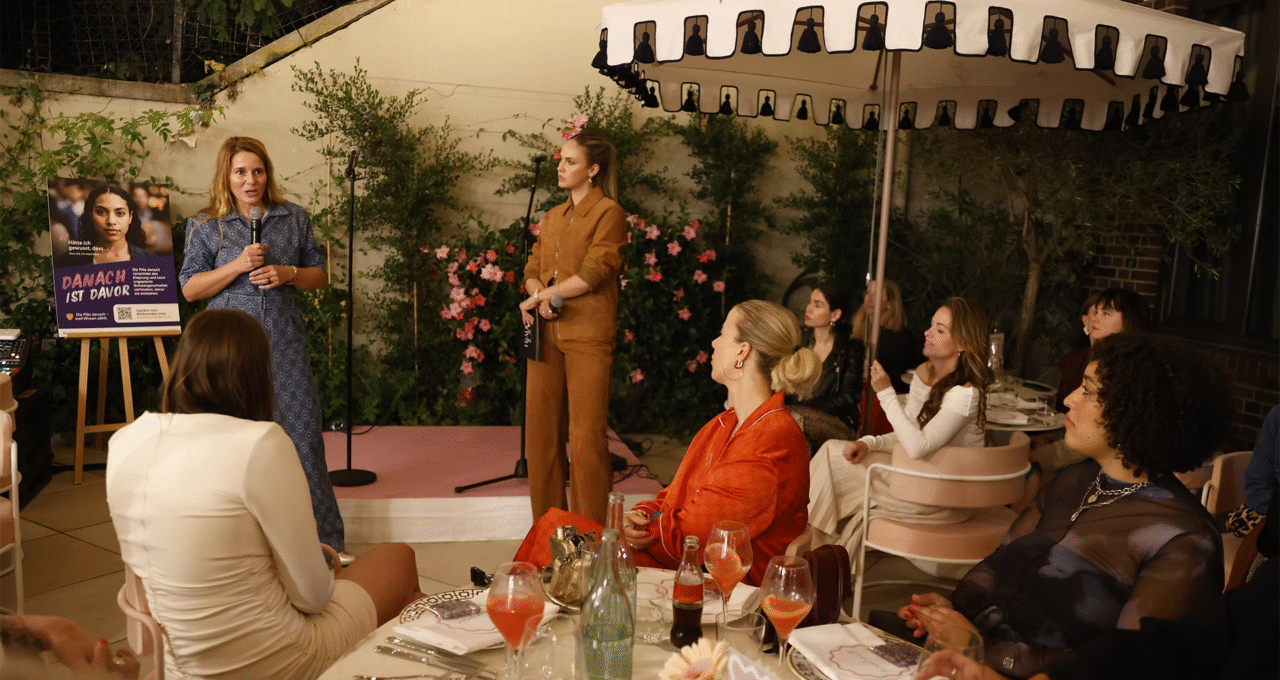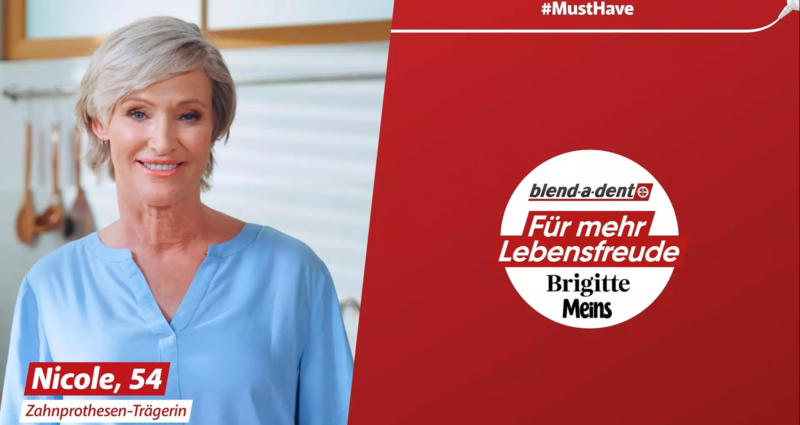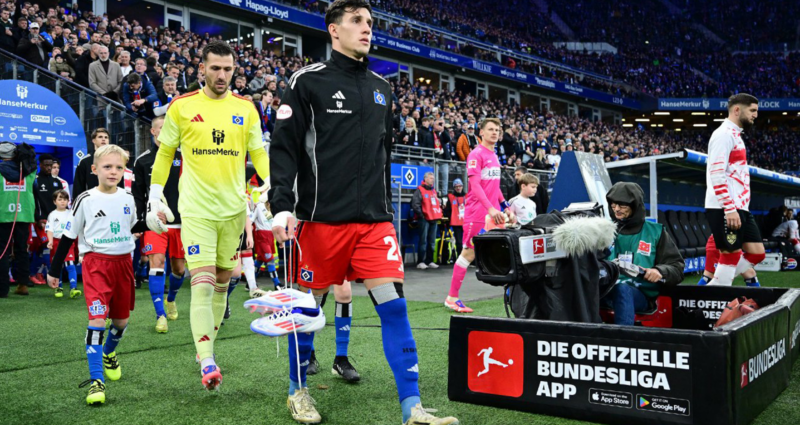
Tuesday, September 23, 2025
A young woman at the pharmacy, a line behind her – and the request that often gets stuck in the throat: “I need the morning-after pill.” Emergency contraception is still treated as a taboo in Germany. Even though it is available without prescription, safe, and recognized by the WHO as an “essential medicine,” it remains burdened with shame, misconceptions, and political symbolism.
Myths and Facts
The morning-after pill is not an “abortion pill” and not a “hormone bomb.” It simply delays ovulation so fertilization cannot occur – it cannot end an existing pregnancy. Nevertheless, according to a 2024 YouGov survey, almost half of Germans mistakenly believe it is a form of abortion.
Since becoming prescription-free in 2015, the active ingredient ulipristal has been taken more than 60 million times worldwide – safe, well tolerated, and with no effect on fertility.
Politics Between Protection and Control
Politicians take an ambivalent stance: While victims of sexual violence are to receive the pill free of charge, an advertising ban still applies – treating it like an addictive drug. This outdated regulation hinders education and reinforces stigma.
Self-Determination Instead of Shame
Emergency contraception is more than a last resort. It is a tool of reproductive self-determination – whether for studies, careers, or family planning. According to the ELSA study, one in four pregnancies in Germany is unplanned, half of which end in abortion. At the same time, 41% of people feel poorly informed, and among young people the figure rises to 45%.
FRAUEN100 x HEALTH Dinner in Berlin
On September 10, 2025, the initiative #nurwennichesweiss and Perrigo Germany hosted a dinner in Berlin. Leading voices such as Vice President of the Bundestag Josephine Ortleb, gynecologist Dr. Mandy Mangler and author Gianna Bacio made clear: Education is prevention and a prerequisite for self-determination.
Especially moving was Chiara Dülberg’s personal account of her abortion – and how crucial visibility and open discussion are.
Launch of the “After = Before” Campaign
The dinner also marked the official start of the “After = Before” campaign. Its goal: dispelling myths, making facts accessible, and putting the advertising ban on the political agenda.
A campaign truck with LED screens is now touring Berlin after a planned poster campaign was canceled – on the grounds that it constituted “advertising.”
Conclusion
Ultimately, this is about more than a medication. It is about a fundamental social question: Do we trust women to make informed, autonomous decisions about their family planning? As long as the morning-after pill remains taboo, self-determination remains incomplete.







